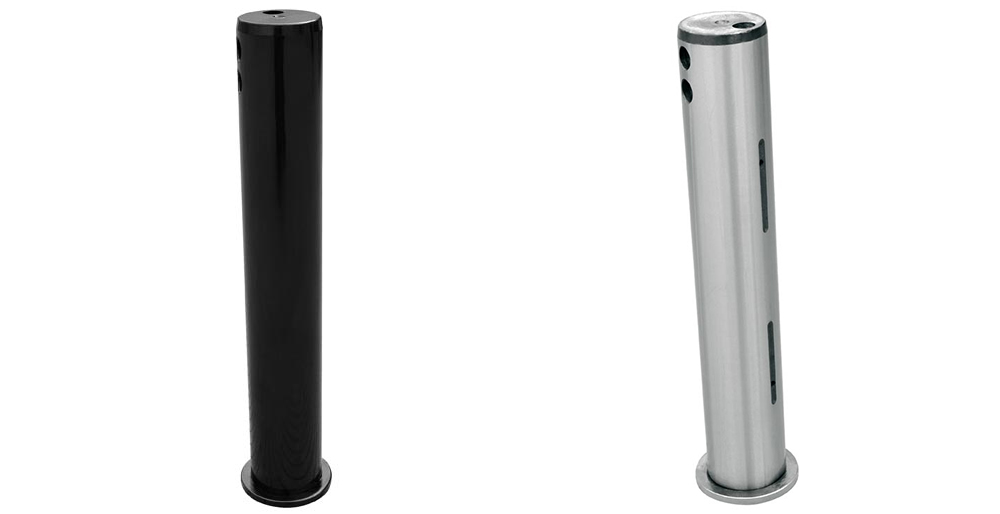RED LAKE-A pair of Red Lake Middle Schoolers were inspecting a tree trunk when Ryan Jorgenson approached them.
"See these little sticks?" Jorgenson, their science teacher, asked. "They put 'em in the tap holes when they're all done. You can put beeswax and stuff in there, too." Link Rod End

On Wednesday, about 20 eighth-graders in Jorgenson's earth science class visited a patch of forest about two miles south of Red Lake, where they chopped wood for a fire, munched on "outside bread"-which school staff helpfully explained is bread that's baked out of doors-and collected sap from maple trees there.
Their hour-plus field trip is an outgrowth of Giikendaasowin-"Ojibwe knowledge"-a five-year initiative to integrate more Ojibwe language and culture into classes at Red Lake School District, where virtually every student is American Indian, according to Minnesota Department of Education data.
"We're trying to get it into the core curriculum of math, science, language arts," Giniwgiizhig, a principal in the school district who oversees the initiative, told the Pioneer.
Some Red Lake students headed out last week to help tap the trees. Others came through the day before Jorgenson's class to collect sap and measure how much had been produced by each tree.
Their work is meant to fold into more traditional science lessons taught a few miles west at the middle school.
"They learn about the anatomy and all this stuff with the trees, and the xylem form, the whole function of photosynthesis," Jorgenson, who explained to students how to distinguish a maple from a basswood tree by its shape and the toughness of its bark, explained. "As eighth graders, they learn about earth science, so you have the angle of the sun, the soil."
Kelby Cook and Justin Brown, both eighth-graders at the middle school, split a few logs with an axe before heading off to collect sap.
"They tell us that the trees have spirits and that they can help us," Cook said.
Harvesting maple sugar is a longstanding Ojibwe practice. Communities would scatter into relatively small family groups during the winter, according to the Minnesota Historical Society's MNopedia, and opening sugar camps in springtime meant those communities would come back together for food production, ceremonies, and social events.
Harvesters boil the sap down to make syrup and sugar. Longer boiling times make less viscous products, and tossing the syrup into a snowbank crystallizes it, making maple candy, Giniwgiizhig said. The logs Red Lake students cut fueled a pair of fires: one to cook the outside bread and another to boil the syrup down.
"A lot of medicine in the trees," Giniwgiizhig told students on Wednesday. "And they really miss us talking to them as Anishinaabe."
The patch of forest in which students worked on Wednesday is owned by Red Lake Nation. The band's Oshkiimaajitahdah human services program takes people there to gain some work experience and experience Ojibwe culture firsthand, explained Kelly Iceman, a cultural coordinator there who oversaw students' harvest Wednesday.
As they hauled logs and bags of sap, the students trudged across about a foot of slick, packed snow that sometimes shifted or gave way under their weight. Several strapped on snowshoes.
Iceman said they're learning how to work.
"This ain't easy work, you know?" he said.
Red Lake students have harvested maple sap for years, Giniwgiizhig said, but, under the district's language and culture initiative, more have been getting involved.
A lot of Red Lake students know about sugar bushing because they're from the area, Jorgenson said.

Backhoe Bucket Teeth Replacement "A handful of them will have these little sugar camps at home, and hopefully a handful of these guys will continue and --" he said, interrupted briefly by the sharp thwack of a student splitting wood nearby. "-- when they get older and they have kids. They have a tremendous resource out here."